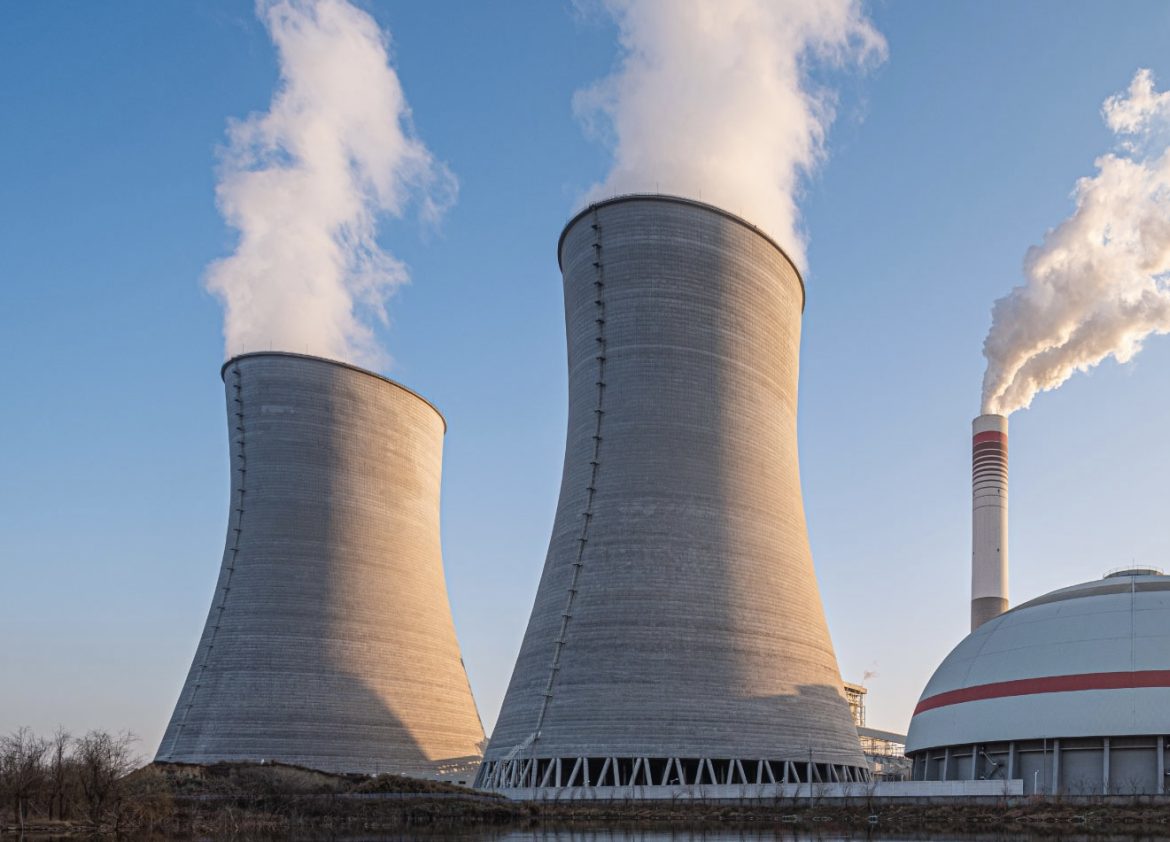KEY POINTS
- Nuclear projects face investment and cost hurdles.
- China dominates global nuclear construction.
- Renewables and storage widen competitiveness gap.
Global nuclear power hit record output in 2024. Maintaining that momentum will be difficult, according to a new report warning that investment shortfalls, aging reactors, and repeated project delays are weighing on the sector’s future.
The World Nuclear Industry Status Report, released Monday, said worldwide generation climbed to 2,677 terawatt-hours last year, a rebound after two years of decline. Growth in China, now the world’s most aggressive nuclear builder, drove much of the increase. But the report cautioned that sustaining even current levels of output will require unprecedented construction in the years ahead.
Nuclear projects face investment challenges
To keep production steady through 2030, the report estimated the world would need 44 more reactor startups beyond those already planned. That would mean more than doubling the annual pace of the last decade. Yet sluggish construction schedules, rising costs, and the weight of older fleets raise doubts about whether that target can be met.
Competition from renewables adds pressure. Global investment in wind, solar, and storage was 21 times greater than nuclear in 2024, according to the report. Added renewable capacity exceeded net nuclear additions by a factor of more than 100. Battery costs, meanwhile, fell about 40 percent last year, sharpening the economic gap.
Nuclear projects slow outside China
According to Reuters, from 2020 to mid-2025, nearly all new construction starts were led by Chinese or Russian state companies, including in Turkey and Egypt. Western nations, despite political pledges and new agreements, have failed to convert commitments into large-scale builds. Small modular reactors, touted as a breakthrough, remain mostly on paper. Only China has begun operating or constructing such designs, and limited performance data are available.
Without faster project delivery and improved economics, the report stated that nuclear’s share of global electricity, which stood at 9 per cent in 2024, will continue to erode.



